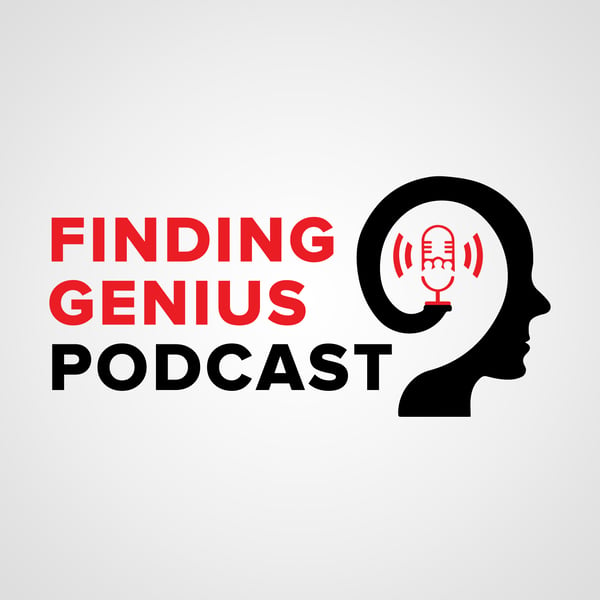Alan Robert Mardinly – Postdoctoral Fellow At University California Berkely – Using Holograms To Edit Brain Activity
Finding Genius Podcast
Richard Jacobs
4.4 • 1K Ratings
🗓️ 28 May 2018
⏱️ 25 minutes
🧾️ Download transcript
Summary
In this interview UC Berkeley Postdoctoral Fellow, Alan Robert Mardinly, shares the research and development UC Berkeley neuroscientists are working on to build equipment using a holographic approach on the brain which activates or suppresses a group of neurons all at once to stimulate brain activity and insert false sensations. Essentially this manipulates it into thinking it has felt, seen or sensed something.
Based on the activity which is closely being monitored, researchers then decide which neurons to activate to simulate those patterns again in order to substitute missing sensations. This groundbreaking technology could change the lives of anyone who has lost a limb or feeling in parts of their body due to severe nerve damage, for example.
Transcript
Click on a timestamp to play from that location
| 0:00.0 | Welcome to Almost Here, Around the Corner of Future Technology Podcasts with Richard Jacobs. |
| 0:07.0 | Future Technologies hoists to transform our lives for better or worse or the focus of this podcast. |
| 0:13.0 | Almost here means these technologies are now here and starting to be used. |
| 0:17.0 | Or just around the corner, for Bitcoin to artificial intelligence, |
| 0:21.0 | 3D printing, blockchain, virtual reality, and more. |
| 0:25.0 | Hello this is Richard Jacobs with the Future Check Podcast. My guest is Alan Robert |
| 0:32.4 | Mardinley. He is a postdoctoral fellow at University of Berkeley and we're going to be talking about his work as research on optogenetics and neuroscience. Alan, how you doing? |
| 0:42.0 | Very good. Good to be with you. Yeah, how you doing? Very good. |
| 0:43.0 | Good to be with you. |
| 0:44.0 | Yeah, thank you. |
| 0:45.0 | So, you know, let's start out with us there, just with the, what are the basics of what you're researching? |
| 0:49.0 | What's the whole premise? |
| 0:50.0 | Yeah, well, the basic premise is the technology called optogenetics, which your listeners may be familiar with, |
| 0:56.9 | so it's been fairly big news in neuroscience over the last 10 years. And basically what this lets us do is use light to control the activity of specific types of neurons. |
| 1:07.0 | Before after genetics, you wanted to try to figure out what some population of neurons was doing in the brain, you had to basically record the signals from those neurons at the same time that you're recording some behavior of the animal. |
| 1:22.0 | And then at the end you sort of do some |
| 1:23.7 | analysis and you try to correlate the two together. What Ab to genetics does is give you |
| 1:27.8 | the ability to actually causally manipulate the activity of the cells. |
| 1:33.5 | So rather than just watching the cells as you behave, |
| 1:36.2 | you can actually activate the cells directly |
| 1:38.1 | and see if it causes the behavior. |
| 1:40.4 | So our particular sort of branch of optogenetics is going a bit |
... |
Please login to see the full transcript.
Disclaimer: The podcast and artwork embedded on this page are from Richard Jacobs, and are the property of its owner and not affiliated with or endorsed by Tapesearch.
Generated transcripts are the property of Richard Jacobs and are distributed freely under the Fair Use doctrine. Transcripts generated by Tapesearch are not guaranteed to be accurate.
Copyright © Tapesearch 2025.

